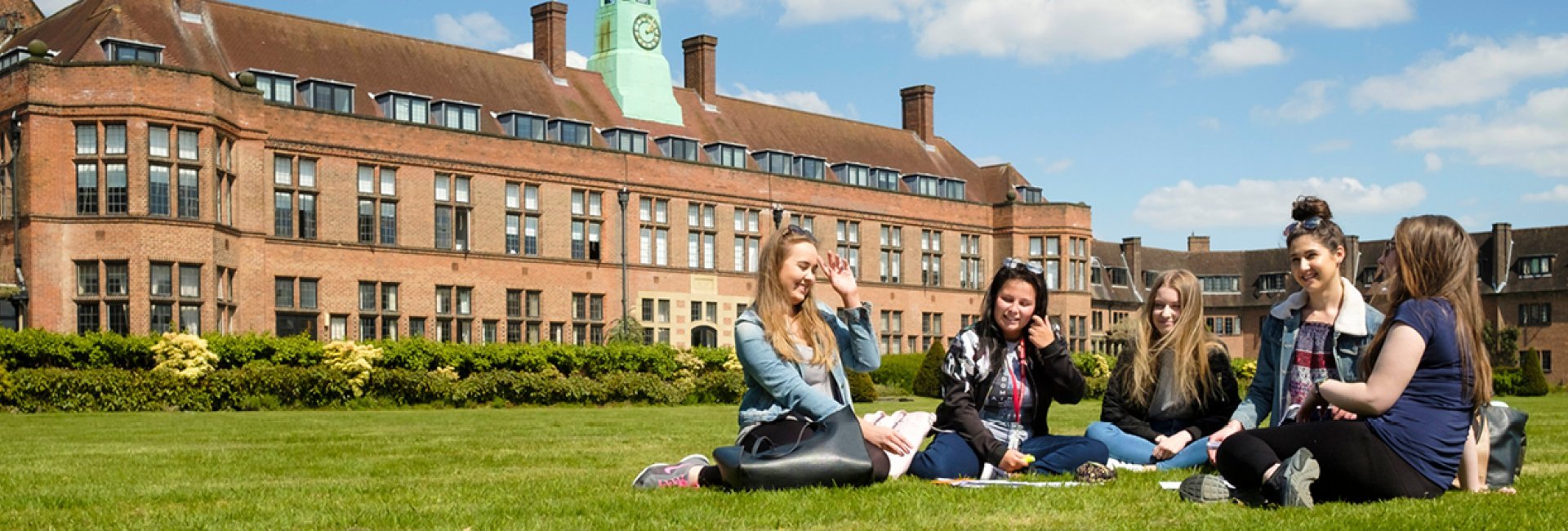Open Day- Saturday 28th June 2025
28 Jun 2025, 09:00
Liverpool, Merseyside

The Politics and International Relations degree brings together the broader study of politics and political ideas with the question of how states interact with each other on the global stage. It evaluates the key questions related to transnational issues such as globalization and the environment and the actors engaged in them.
Politics and International Relations is a very dynamic subject, which places a special emphasis on the international and global dimension of politics. In an ever changing world, new challenges are constantly arising – from terrorism and security to climate change and pandemics – and we therefore seek to engage with live issues in the world as they evolve and change over time. We actively encourage debate and discussion amongst our students, encouraging a stronger awareness and appreciation of different points of view.
In doing so, we explore the key ideas, institutions and issues that can help us to understand politics in an international, national and local context. You will be taught by staff who are experts in their field, who will teach you to engage with political research and develop the capacity to be an independent, critically-minded scholar and equip you with transferable skills to take into the world of work.
And study does not just take place in the classroom and the library. We also organise fieldtrips to relevant local, regional and national institutions as well as organising events with guest speakers and practitioners (conditions permitting). Recent visits have included a trips to the UK Parliament, to Brussels, Berlin along with visits and talks from key experts, academics and campaigners.
There are also opportunities available to study abroad as part of our exchange programme and to visit overseas development projects as part of the University’s Global Hope initiative.
Liverpool Hope University offers an integrated curriculum. Please go to the course link provided for further information on the topics you will study as part of this degree.
Students are assessed via a number of methods. Please go to the course link provided for further information.

Learn what it's like to study at Liverpool Hope University. From key stats to campus highlights, open days, and more - find everything you need to know here.
The following entry points are available for this course:
International applicants should refer to the International section of our website for further information – www.hope.ac.uk/international/
UCAS Tariff points must come from a minimum of two A Levels (or equivalent). Additional points can be made up from a range of alternative qualifications.
Please contact our External Relations team directly for further information on how you can meet our entry requirements and what other qualifications may be accepted.
t: 0151 291 3111
e: enquiry@hope.ac.uk
| Test | Grade | Additional details |
|---|---|---|
| IELTS (Academic) | 6 | For International students, an overall score of 6.0 is required, with 6.0 in both reading and writing and no individual score lower than 5.5. |
This section shows the range of grades students were previously accepted with - learn more. It is designed to support your research but does not guarantee whether you will or won't get a place. Admissions teams consider various factors, including interviews, subject requirements, and entrance tests. Check all course entry requirements for eligibility.
Students aged 17/18 who applied to this course were offered a place.
See how students with your grades have been accepted onto this course in the past.
Subject Spotlights give you the chance to try a higher education course before you apply. Delivered by the lecturers themselves you will gain insight into what it's like to study the course and give your personal statement a boost.

Operated by the Office for Students
Employment after 15 months (Most common jobs)
Go onto work and study
The number of student respondents and response rates can be important in interpreting the data – it is important to note your experience may be different from theirs. This data will be based on the subject area rather than the specific course. Read more about this data on the Discover Uni website.
| Location | Fee | Year |
|---|---|---|
| EU | £9250 | Year 1 |
| England | £9250 | Year 1 |
| Northern Ireland | £9250 | Year 1 |
| Scotland | £9250 | Year 1 |
| Wales | £9250 | Year 1 |
| Channel Islands | £9250 | Year 1 |
| International | £12500 | Year 1 |
Tuition fee status depends on a number of criteria and varies according to where in the UK you will study. For further guidance on the criteria for home or overseas tuition fees, please refer to the UKCISA website.
Please note, some of our courses may have additional costs. Please visit the course webpage for further information.
Hope Park
Liverpool
L16 9JD
Visit our website Visit our course page
Email:enquiry@hope.ac.uk
Phone:0151 291 3111
Email:history@hope.ac.uk
Phone:0151 291 3992